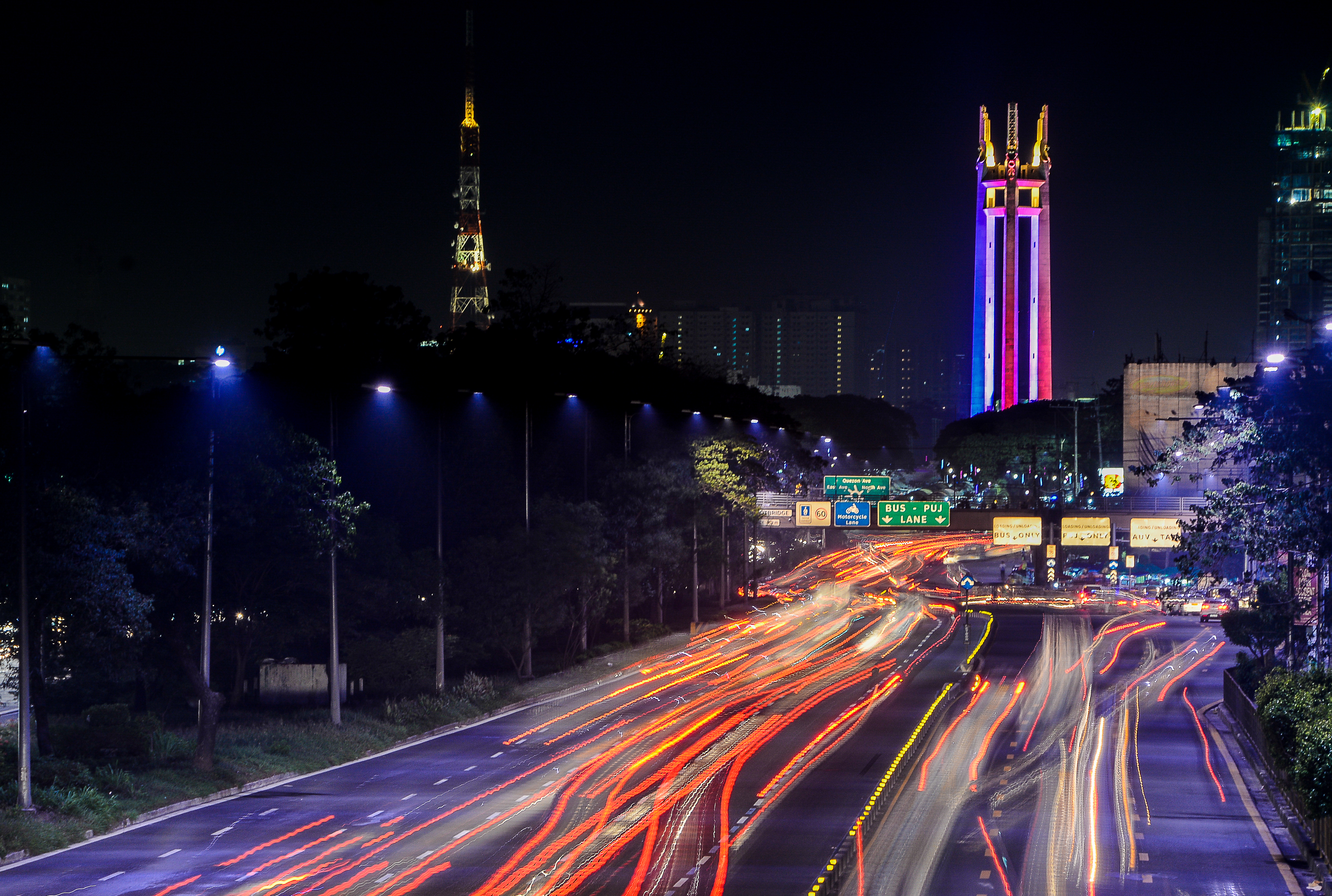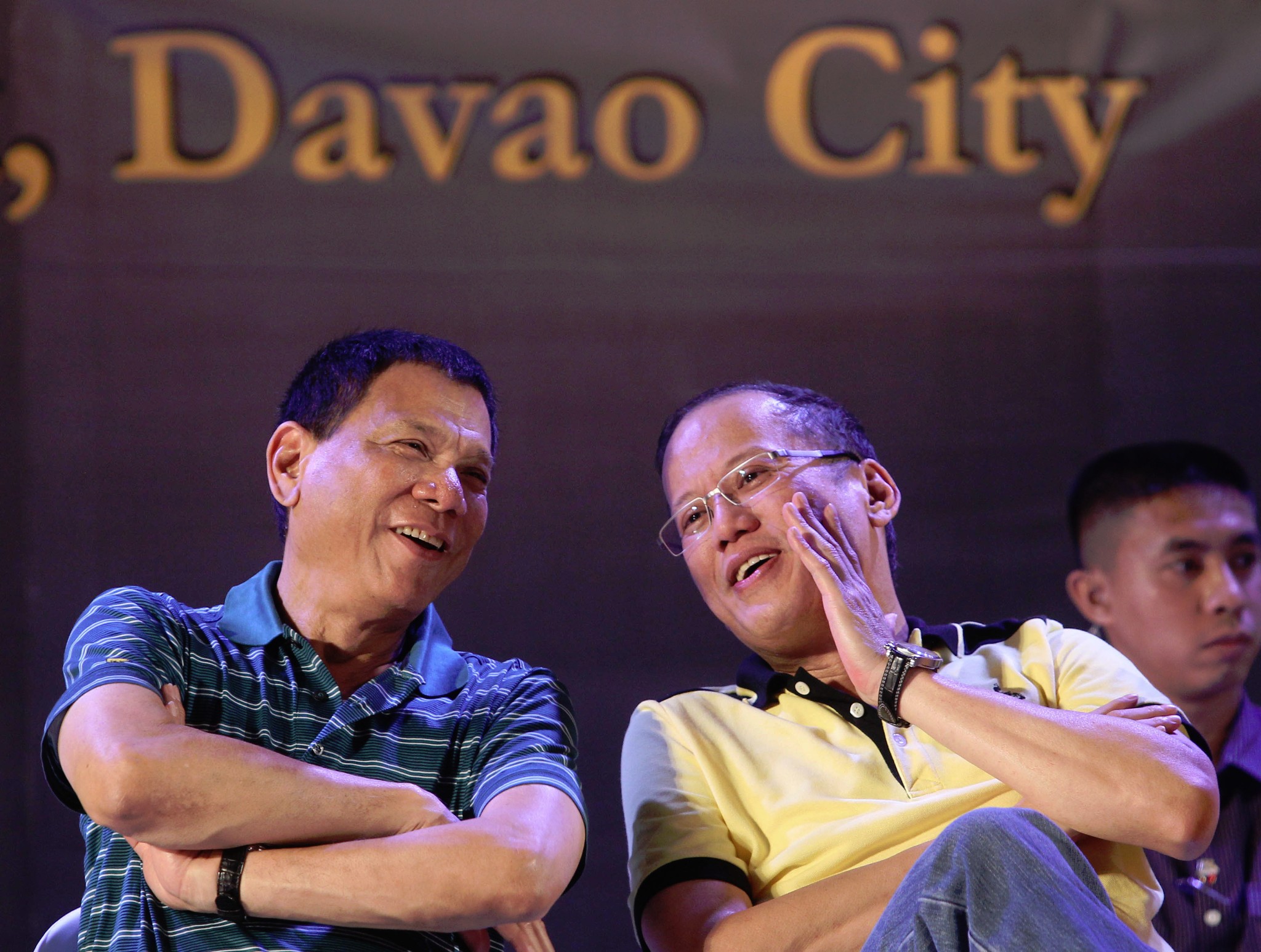|
Philippine Councilors League
The Philippine Councilors League – or more simply the PCL – is a formal organization of all the municipal and city councilors in the Philippines. Last February 27, 2020, the outgoing national board declared a failure of elections after the automated election system contracted by the organization to conduct the election of its national officers failed. Competing for the top position were councilors Danilo Dayanghirang from Davao City, who was handpicked by President Rodrigo Duterte, and Jesciel Richard Salceda from Polangui, Albay Albay, [Baidu] |
Organization
An organization or organisation (Commonwealth English; see spelling differences), is an entity—such as a company, an institution, or an association—comprising one or more people and having a particular purpose. The word is derived from the Greek word ''organon'', which means tool or instrument, musical instrument, and organ. Types There are a variety of legal types of organizations, including corporations, governments, non-governmental organizations, political organizations, international organizations, armed forces, charities, not-for-profit corporations, partnerships, cooperatives, and educational institutions, etc. A hybrid organization is a body that operates in both the public sector and the private sector simultaneously, fulfilling public duties and developing commercial market activities. A voluntary association is an organization consisting of volunteers. Such organizations may be able to operate without legal formalities, depending on jurisdiction, includ ... [...More Info...] [...Related Items...] OR: [Wikipedia] [Google] [Baidu] |
Municipalities Of The Philippines
A municipality ( tl, bayan/munisipalidad; hil, banwa; ceb, lungsod/munisipalidad/munisipyo; pag, baley; pam, balen/balayan; bcl, banwaan; war, bungto/munisipyo; ilo, ili) is a local government unit (LGU) in the Philippines. It is distinct from ''city'', which is a different category of local government unit. Provinces of the Philippines are divided into cities and municipalities, which in turn, are divided into barangays (formerly barrios) – ''villages''. , there are 1,488 municipalities across the country. A municipality is the official term for, and the official local equivalent of, a town, the latter being its archaic term and in all of its literal local translations including Filipino. Both terms are interchangeable. A municipal district is a now-defunct local government unit; previously certain areas were created first as municipal districts before they were converted into municipalities. History The era of the formation of municipalities in the Philippines sta ... [...More Info...] [...Related Items...] OR: [Wikipedia] [Google] [Baidu] |
Cities Of The Philippines
A city ( fil, lungsod/siyudad) is one of the units of local government in the Philippines. All Philippine cities are chartered cities ( fil, nakakartang lungsod), whose existence as corporate and administrative entities is governed by their own specific municipal charters in addition to the Local Government Code of 1991, which specifies their administrative structure and powers. As of December 17, 2022, there are 148 cities. A city is entitled to at least one representative in the House of Representatives if its population reaches 250,000. Cities are allowed to use a common seal. As corporate entities, cities have the power to take, purchase, receive, hold, lease, convey, and dispose of real and personal property for its general interests, condemn private property for public use (eminent domain), contract and be contracted with, sue and exercise all the powers conferred to it by Congress. Only an Act of Congress can create or amend a city charter, and with this city charter Cong ... [...More Info...] [...Related Items...] OR: [Wikipedia] [Google] [Baidu] |
Philippines
The Philippines (; fil, Pilipinas, links=no), officially the Republic of the Philippines ( fil, Republika ng Pilipinas, links=no), * bik, Republika kan Filipinas * ceb, Republika sa Pilipinas * cbk, República de Filipinas * hil, Republika sang Filipinas * ibg, Republika nat Filipinas * ilo, Republika ti Filipinas * ivv, Republika nu Filipinas * pam, Republika ning Filipinas * krj, Republika kang Pilipinas * mdh, Republika nu Pilipinas * mrw, Republika a Pilipinas * pag, Republika na Filipinas * xsb, Republika nin Pilipinas * sgd, Republika nan Pilipinas * tgl, Republika ng Pilipinas * tsg, Republika sin Pilipinas * war, Republika han Pilipinas * yka, Republika si Pilipinas In the recognized optional languages of the Philippines: * es, República de las Filipinas * ar, جمهورية الفلبين, Jumhūriyyat al-Filibbīn is an archipelagic country in Southeast Asia. It is situated in the western Pacific Ocean and consists of around 7,641 islands t ... [...More Info...] [...Related Items...] OR: [Wikipedia] [Google] [Baidu] |
Philippine Daily Inquirer
The ''Philippine Daily Inquirer'' (''PDI''), or simply the ''Inquirer'', is an English-language newspaper in the Philippines. Founded in 1985, it is often regarded as the Philippines' newspaper of record. The newspaper is the most awarded broadsheet in the Philippines and the multimedia group, called The Inquirer Group, reaches 54 million people across several platforms. History The ''Philippine Daily Inquirer'' was founded on December 9, 1985, by publisher Eugenia Apóstol, columnist Max Solivén, together with Betty Go-Belmonte during the last days of the regime of President Ferdinand Marcos, becoming one of the first private newspapers to be established under the Marcos regime. The ''Inquirer'' succeeded the weekly ''Philippine Inquirer'', created in 1985 by Apostol to cover the trial of 25 soldiers accused of complicity in the assassination of opposition leader Ninoy Aquino at Manila International Airport on August 21, 1983. Apostol also published the '' Mr. & Ms. Spec ... [...More Info...] [...Related Items...] OR: [Wikipedia] [Google] [Baidu] |
Davao City
Davao City, officially the City of Davao ( ceb, Dakbayan sa Dabaw; ), is a first class highly urbanized city in the Davao Region, Philippines. The city has a total land area of , making it the largest city in the Philippines in terms of land area. It is the third-most populous city in the Philippines after Quezon City and Manila, and the most populous in Mindanao. According to the 2020 census, it has a population of 1,776,949 people. It is geographically situated in the province of Davao del Sur and grouped under the province by the Philippine Statistics Authority, but the city is governed and administered independently from it. The city is divided into three congressional districts, which are subdivided into 11 administrative districts with a total of 182 barangays. Davao City is the center of Metro Davao, the second most populous metropolitan area in the Philippines. The city serves as the main trade, commerce, and industry hub of Mindanao, and the regional center of D ... [...More Info...] [...Related Items...] OR: [Wikipedia] [Google] [Baidu] |
Rodrigo Duterte
Rodrigo Roa Duterte (, ; born March 28, 1945), also known as Digong, Rody, and by the initials DU30 and PRRD, is a Filipino lawyer and politician who served as the 16th president of the Philippines from 2016 to 2022. He is the chairperson of PDP–Laban, the ruling political party in the Philippines during his presidency. Duterte is the first president of the Philippines to be from Mindanao, and is the oldest person to assume office, beginning his term at age 71. Born in Maasin, Leyte (now in Southern Leyte), Duterte moved to Davao as a child where his father, Vicente Duterte, served as provincial governor. He studied political science at the Lyceum of the Philippines University, graduating in 1968, before obtaining a law degree from San Beda College of Law in 1972. He then worked as a lawyer and was a prosecutor for Davao City, before becoming vice mayor and, subsequently, mayor of the city in the wake of the 1986 People Power Revolution. Duterte won seven terms and s ... [...More Info...] [...Related Items...] OR: [Wikipedia] [Google] [Baidu] |
Manila Bulletin
The ''Manila Bulletin'' (), (also known as the ''Bulletin'' and previously known as the ''Manila Daily Bulletin'' from 1906 to September 23, 1972, and the ''Bulletin Today'' from November 22, 1972, to March 10, 1986) is the Philippines' largest English language broadsheet newspaper by newspaper circulation, circulation. Founded in 1900, it is the second oldest extant newspaper published in the Philippines and the second oldest extant English language, English newspaper in the Far East. It bills itself as "The Nation's Leading Newspaper", which is its official slogan. According to a survey done by the Reuters Institute for the Study of Journalism, Manila Bulletin is considered "one of the most trusted news organizations"; placing 2nd with 66% of Filipinos trusting the organization. History ''Manila Bulletin'' was founded in 1900 by Carlson Taylor as a shipping journal. In 1957, the newspaper was acquired by Swiss expatriate named Hans Menzi. From 1938 to his death in 2002, ... [...More Info...] [...Related Items...] OR: [Wikipedia] [Google] [Baidu] |
The Mindanao Daily Mirror
The ''Global Daily Mirror (GDM)'' is a published daily national newspaper and social media news organization established in 1950 with editorial and business office located in Pasig, Philippines. The Global Daily Mirror is now being operated by the Global Daily Mirror Inc. It's co-founder, Journalist and Newsroom Builder, Ana Puod is GDM's current editor-in-chief and digital chief innovator. GDM published its last edition on July 3, 2020, citing the impact of the COVID-19 pandemic to its editorial and printing operations. Months after, it was relaunched and renamed as the ''Global Daily Mirror'', initially as an online news website and later on June 1, 2022, it was republished as a national broadsheet. Formerly known as ''The Mindanao Daily Mirror, the Davao City Davao City, officially the City of Davao ( ceb, Dakbayan sa Dabaw; ), is a first class highly urbanized city in the Davao Region, Philippines. The city has a total land area of , making it the largest city in t ... [...More Info...] [...Related Items...] OR: [Wikipedia] [Google] [Baidu] |
Polangui
Polangui, officially the Municipality of Polangui ( bcl, Banwaan kan Polangui; tl, Bayan ng Polangui), is a 1st class municipality in the province of Albay, Philippines. According to the 2020 census, it has a population of people. Etymology The origin of the name ''Polangui'' has many versions. The foremost and seemingly more accepted version is, "that of a giant robust tree which existed majestically in the early municipal settlement". The natives of the settlement called the "Oyangue", which also served as the early landmark of the area whereby new settlers looked upon in their wandering. Similarly, the early Spanish frontier settlers found this tree and it became their famous settlement landmark. The settlement was then called "Binanuaan" but often referred to as "Oyangue" by nearby settlers. As more settlers came to dwell and engage in trade endeavors with the indigenous inhabitants, the more was the settlement known in distant areas by the name "Oyangue" (referring to ... [...More Info...] [...Related Items...] OR: [Wikipedia] [Google] [Baidu] |
Manila Standard
The ''Manila Standard'' is a broadsheet newspaper in the Philippines. , it is owned by the Romualdez family. The Romualdezes, through incumbent speaker of the House Martin Romualdez, also own Journal Publications, Inc., the owner of tabloid papers ''People's Journal'' and ''People's Tonight''. Initially established as the ''Manila Standard'' in 1987, it merged with another newspaper, ''Today'', on March 6, 2005, and became the ''Manila Standard Today'' (MST). In 2015, the newspaper renamed itself as ''The Standard'' (temporarily ''The New Standard''), before reverting to its original name in 2016. History The ''Manila Standard'' was founded on February 11, 1987. The offices were then located at the bustling Ayala Avenue in the Makati CBD. In 1989, the group of Andres Soriano III bought out the Elizalde group and renamed the company Kagitingan Publications and relocated the offices in the Port Area, Manila. In June 1991, the group of businessman Alfonso Yuchengco bought int ... [...More Info...] [...Related Items...] OR: [Wikipedia] [Google] [Baidu] |




.jpg)
